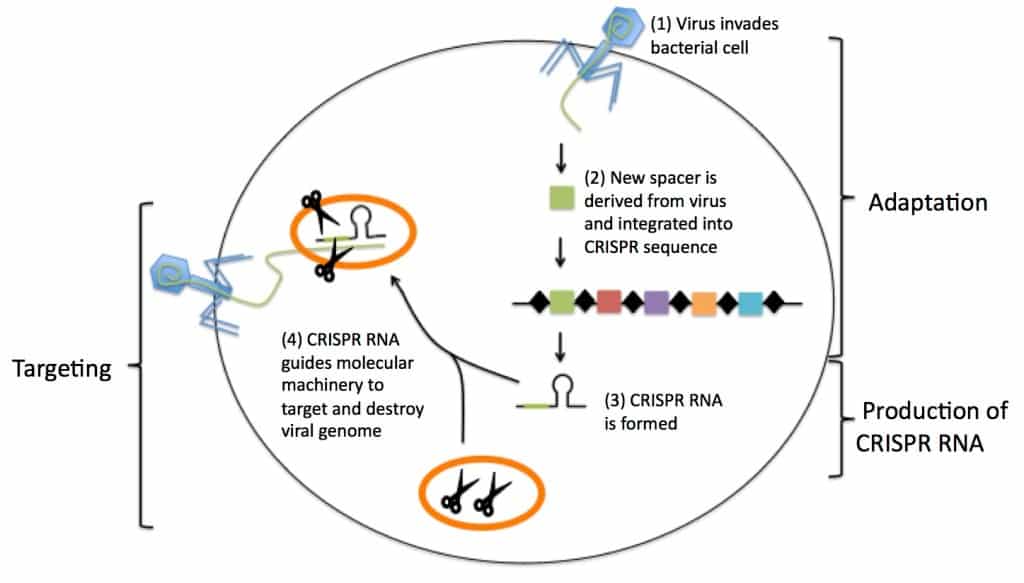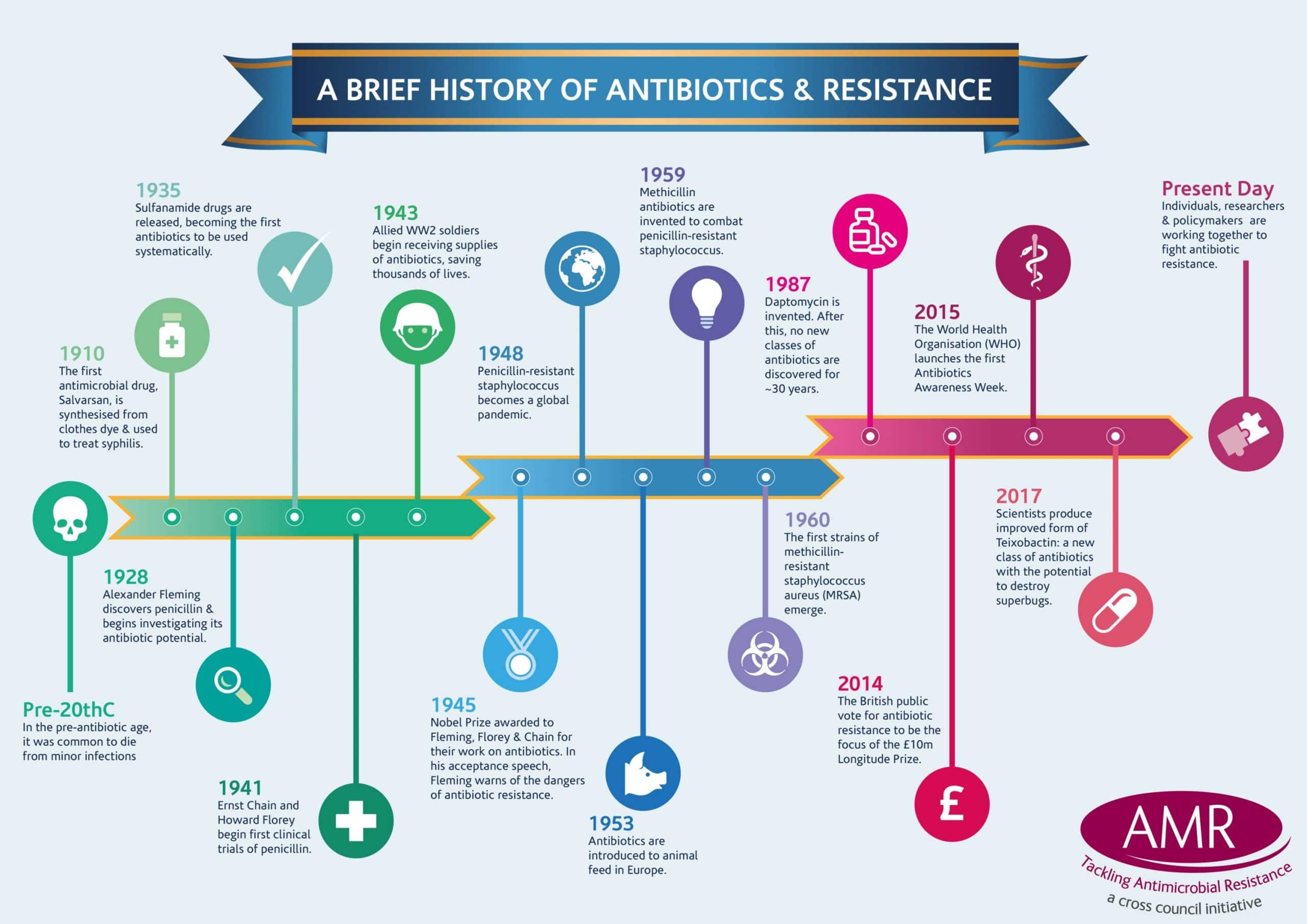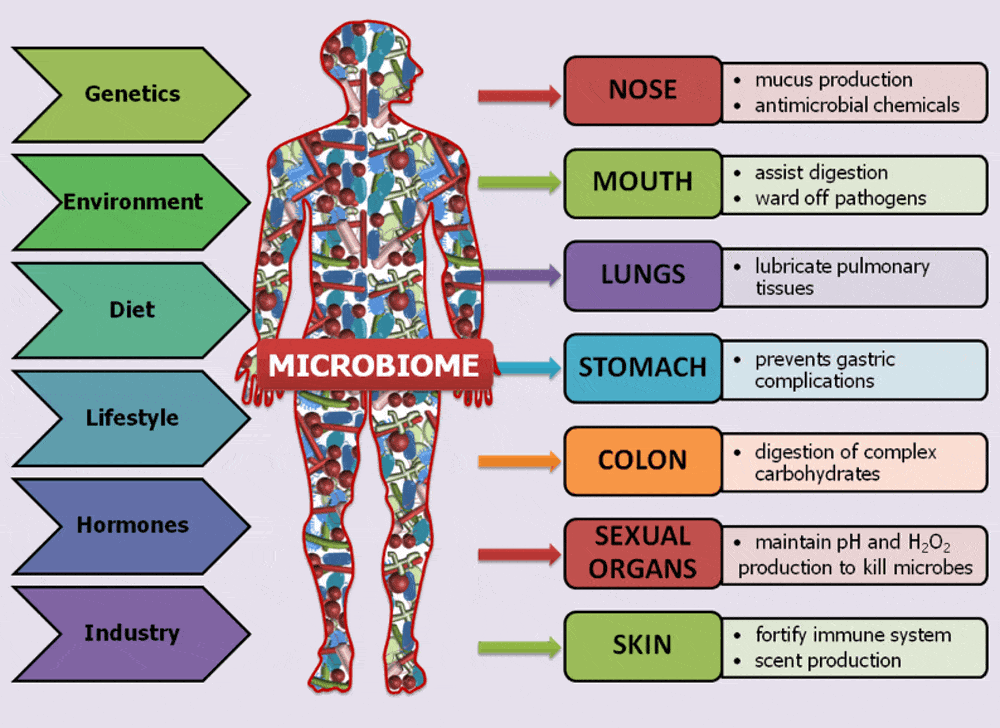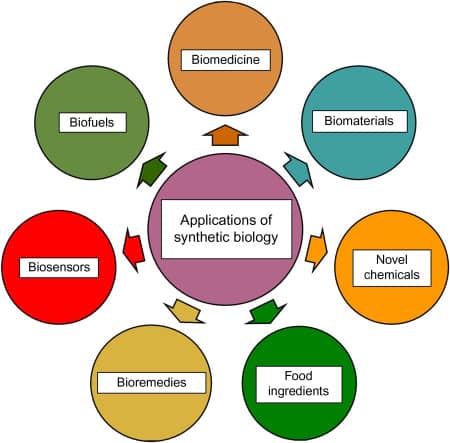Biological Research Paper Topics: Most Interesting Research Paper Topics
The field of biological sciences, studying the science of life, from the microscopic alien-like-looking microorganisms to plants, animals, and humans, biology never fails to amuse us with fascinating knowledge about the way of life. With more and more people opting for a career in this exciting field, the field of biosciences is witnessing a growing competition. Thus, it is vital to start proving your domain knowledge, abilities, and skills, as early as possible in your career. One of the ways to boost your knowledge in your area of interest and also to add value to your profile is by engaging in writing a research paper.
A biological research paper is a form of communication in which the researcher briefly, but in great detail, presents, and interprets data collected in the research. Writing a research paper requires you to engage with a variety of sources, demonstrate a strong knowledge of your topic, and make an original contribution to the area of research. But first, finding the right topic for your research paper a crucial part.
Given that the world of biological sciences is in itself greatly intriguing, trying to select the most
interesting topic could seem like a daunting task. Of course, this is easier when you already have a favorite in mind, but if you are someone in search of interesting topics that are currently trending in the scientific research community, this article is for you. Whether you’re looking for an area to specialize in if you’re majoring in biology or for a research topic for a college paper, here are some of the most interesting and most happening things going on in the field of biological sciences worldwide.- CRISPR and Genetic Engineering
CRISPR, the Nobel Prize-winning technology that has seized the scientific community, is definitely one of the most interesting and exciting research areas. Short for Clustered Regularly Interspaced Short Palindromic Repeat, the CRISPR technology is the new faster and easier approach for modifying DNA. Scientists Emmanuelle Charpentier and Jennifer A. Doudna discovered this game-changing genetic engineering technique, the CRISPR/Cas9 genetic scissors, for which they have been awarded the Nobel Prize in Chemistry 2020. This tool facilitates making specific changes in the DNA of humans, other animals, and plants, and has been adopted in research labs worldwide within only a few years.

CRISPR has various applications and is made use in the industry, laboratory, and in the field of medicinal research. CRISPR has become a valuable tool in research. Imagine being able to make people permanently resistant to tricky viruses like HIV, or could cure genetic diseases, or change your eye color. All these seem possible with this tool, while it could also cause great harm. Scientists are unraveling more and more about this technique, thus making it a compelling topic for research.
2. Epidemiology and Coronavirus
Whenever there is any disease outbreak or other threats emerge, the causes of health outcomes and diseases in populations are determined with the help of epidemiology. Epidemiology involves studying how often diseases occur in different groups of people, why do they occur, and how does it spread in populations. The field of epidemiology is in particular, an interesting topic given that we are now in one of the largest pandemics the world can remember. Scientists called epidemiologists often called “Disease Detectives” working along with other scientists, are keen on finding out everything about a newly emerged infectious disease.

(Image Source: Adapted from iStock Photos, ©)
Currently, epidemiologists all around the world are studying the disease and are working to identify the source of the COVID-19 outbreak, and are providing recommendations to control the spread of the disease. Epidemiology intrigued scientists even before the coronavirus outbreak and thus has always been an interesting area of research.
3. Cancer Biology
Cancer research has been a constant area of research in biology where scientists study about the various kinds of cancer and try to identify the causes, develop strategies for diagnosis, treatment, cure, and prevention of the disease. Research on the biology of cancer starts with the simplest of questions: What is normal and what isn’t? Given that cancer is actually many diseases, each with its own cause, progression, outcome, and treatment, it is not as simple as finding the solution to one disease.
Developing safe and effective methods for detecting, treating, preventing and, ultimately, curing cancer is the goal of studying cancer. Research on topics like molecular biology in cancer treatment, targeted therapy in cancer treatment, stopping cancer in its tracks, developing personalized cancer treatments, and so on are some of the interesting topics under this research area.
4. Prions
Prion’ is a term first used to describe the mysterious infectious agent responsible for several neurodegenerative diseases found in mammals. These infectious-disease-causing agents are the reason behind diseases such as chronic wasting disease, mad cow disease, and even Alzheimer’s disease (possibly). The name prion comes from “proteinaceous infectious particle”, and these aren’t completely living organisms. They are not like parasites or bacteria but are rather bits of misshapen proteins. These proteins cause other proteins to become deformed in a chain reaction to such an extent that the brain is literally full of holes.

There seems to be no real way to “kill” prions, given that they are not truly alive. Thus, they are able to survive normal sterilization techniques at labs and hospitals and are able to persist in the environment and stay contagious for years. This area of research surely is intriguing as scientists are now working to understand how prions work on a basic level, and how to prevent them from causing disease.
5. Astrobiology
We are yet to discover life outside of Earth, however, astronomers have found overwhelming support for the idea that there’s a good chance life exists somewhere out in the cosmos. Astrobiologists are the scientists who study life in the Universe, and are trying to find answers to the big questions: Does life exist elsewhere in the Universe? How does life begin and evolve? What is the future of life on Earth and beyond?

Astrobiology research has a significant impact on how agencies such as NASA plan for current and future space missions, and is already making major contributions to planetary science missions. Astrobiologists work on finding various things related to life on space such as what happens to circadian rhythms on planets with a different day/night cycle, how plants grow in space, and how gravity affects astronauts’ bones, and so on.
7. Anti Microbial Resistance
The ability of microorganisms to grow despite being exposed to antimicrobial substances developed to inhibit their growth is known as antimicrobial resistance (AMR). AMR poses a global challenge to human and animal health as well as to the environment, given that microorganisms are getting stronger at fighting against antibiotics, the medicines used to prevent and treat bacterial infections. This is a result of overusing and misusing antibiotics.

To combat antimicrobial resistance, the hard work of scientists, clinicians, policymakers, and individuals is required. We will be in a better position to fix this problem, the more we study and understand the problem of antimicrobial resistance. Thus, this area of biosciences calls for more amount of research.
8. Microbiome
Microorganisms are present in various habitats (in and on plants, animals, water, soil, food, and humans), and they live together in communities called microbiome within each of the many habitats. The microbiome is a term that describes the genome of all the microorganisms, symbiotic and pathogenic, living in and on all vertebrates, categorized depending on where they exist, such as human microbiome, gut microbiome, and so on.

There are numerous facts and questions about the microbiome that are unanswered and understanding the human microbiome could help in yielding tremendous insight into the effects of the microbiome on humans. This exciting field has a lot of scope with researchers finding out more interesting facts about the microbiome and how it can help humans. Driven by advances in technology in recent years, microbiome research has increased dramatically.
9. Synthetic Biology
The field of science involving redesigning organisms for useful purposes by engineering them to have new abilities is known as synthetic biology. Synthetic biologists study and focus on ways to restructure organisms and enable them to perform useful tasks such as engineering microorganisms to help with bioremediation efforts in polluted areas or to produce medical-grade insulin, and so on.

In order to solve the problems faced in the medicinal field, agriculture, and other fields of biological sciences, synthetic biology researchers and companies around the world are harnessing the power of nature to develop a solution. This field has several interesting topics to unravel.
10. Epigenetics
Epigenetics is the study of how genes are inherited in either a switched-on or switched-off state. Even though you inherit certain genes from your ancestors, some might not actually be “turned on” despite being present in your DNA. Genes that have been “turned off” are technically inactive, just like a light switch. Epigenetics is a relatively new field of biology that adds a whole new layer of complexity to the already exciting realm of genetic research.
These 10 biology topics are some of the most trending areas in scientific research today, however, you can find way too many other research areas that you are interested in. It is important to keep in mind that you have to choose a research topic that you are interested in, and you are able to produce clear findings, supporting evidence, and give strong arguments. Choose the topic that interests you the most and you are already halfway in writing a great biological research paper.
Keywords: Biological Research Paper Topics, Most Interesting Research Paper Topics, Biological Research Paper Topics, Most Interesting Research Paper Topics, Biological Research Paper Topics, Most Interesting Research Paper Topics, Biological Research Paper Topics, Most Interesting Research Paper Topics






































